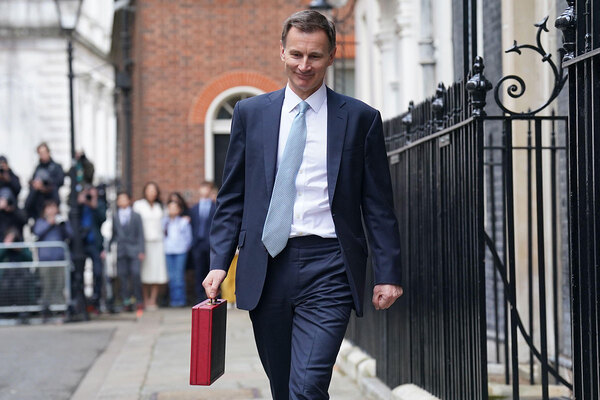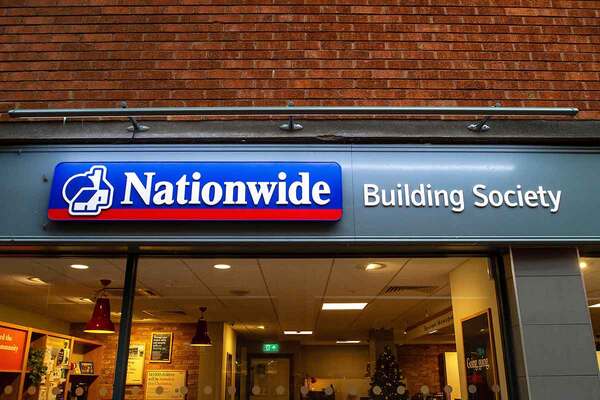You are viewing 1 of your 1 free articles
Peabody increases investment in housing stock as safety costs rise
Peabody has recorded a surplus of £122m in its annual results, helping to fund increased expenditure in new development and its existing stock, including £32m for safety issues.
The 66,000-home housing association spent £313m on building new homes and invested £113m into its existing stock, its financial statements for 2019/20 reveal.
The investment figure marks a sharp rise on the £84m spent in the previous year, which is largely attributable to increased spending on post-Grenfell fire safety work and a £10m programme to fit new windows across 21 tower blocks on the Thamesmead Estate in south London.
Housing associations across the UK have been required to find hundreds of millions to remedy a range of safety defects in the aftermath of the Grenfell Tower disaster, which has placed an increased investment demand on their balance sheets.
Peabody’s surplus is down from £148m the prior year. Eamon Hughes, chief financial officer, said the results “demonstrated strong financial controls in absorbing the impact of the final year of rent reductions and additional spend on building safety”.
The association calculated its total rents were £25m lower than target levels set by the government, amid a long-term focus on keeping rents in its social housing properties low.
It completed 1,048 new homes, including 426 and affordable rented homes and 391 for shared ownership.
It sold a total of 526 homes in the year (private sale and shared ownership) generating revenue of £168m (up by £36m) and a gross profit margin of 23% (down one percentage point on the previous year).
This contributed to a rise in turnover of almost £100m to £662m, with the remaining £65m coming due to the acquisition of 9,500-home Kent-based Town and Country Housing in May last year.
In his notes to the accounts, Mr Hughes said: “While the longer-term financial impacts of the COVID-19 pandemic and the terms of Britain’s exit from the European Union remain uncertain, our strong financial position and liquidity, our robust approach to risk management and the flexibility of our development programme will ensure that we can manage the impacts and potential impacts.
“We are therefore in a position to continue to deliver on our organisational priorities throughout the pandemic and beyond.”
Satisfaction ratings from residents were recorded at 67%, down three percentage points on the prior year.
The organisation said it planned to “grow our in-house repairs service and to focus on more effective maintenance and management through the trialling of locally based property managers”.
Peabody has debts totalling £4bn – largely through bank and building society lending (56%) with the remainder mostly from public and private bonds.
It has interest cover (cash generated against interest payments) of 196%, down from 222% in 2018/19 but well above the 2019 sector average of 153%.
The percentage of its income from general needs social housing dipped two percentage points to 64%. Rent and service charge arrears rose £3m to £37m.
The landlord put £9m into community investment during the year, helped 1,100 people into jobs and apprenticeships and provided 78,300 hours of free and low-cost community activities.










